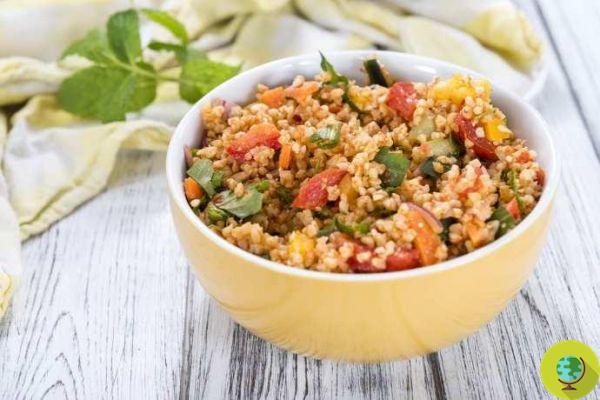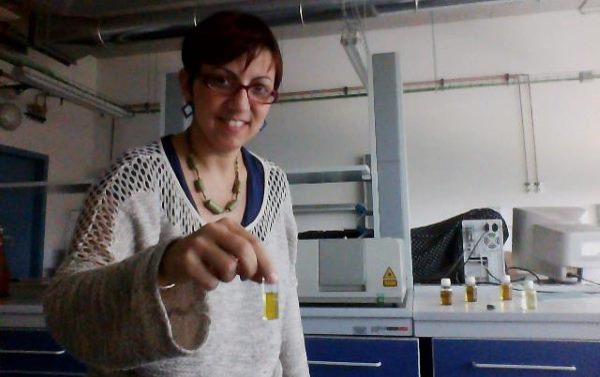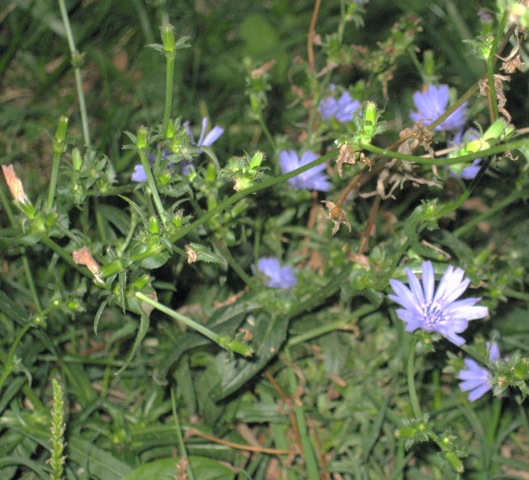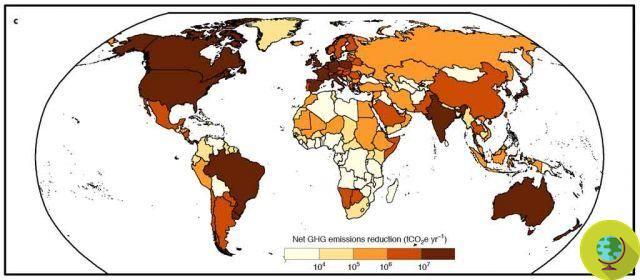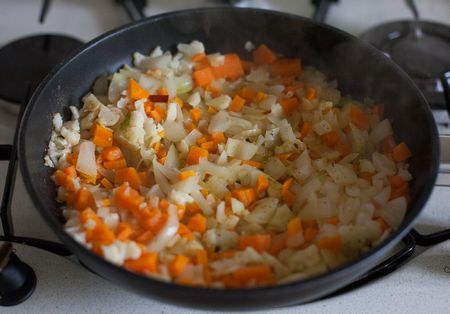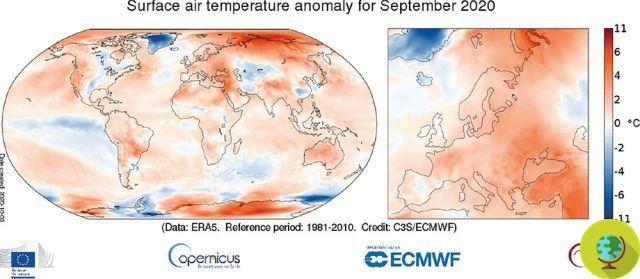
Dim the consumption of meat to save the planet? We are not doing it. Researchers estimate that greenhouse gas emissions from the food sector could increase by 80% by 2050, as the world adopts more and more meat-based diets that are putting resources and food security at risk. Yet it would be enough for people to eat no more than two portions of red meat a week.
Don't store avocado like this: it's dangerous
Dim the consumption of meat to save the planet? We are not doing it. Researchers estimate that greenhouse gas emissions from the food sector could increase by 80% by 2050, as the world adopts more and more meat-based diets that are putting resources and food security at risk. Yet it would be enough that people ate no more than two servings of red meat a week.
This is what a new study published in the journal Nature Climate Change by the universities of Cambridge and Aberdeen, which warns: the global population must switch to a diet that includes less meat and dairy products, in order to avoid a devastating increase in greenhouse gas emissions from the food sector. It is the latest of a series of studies that put meat consumption under scrutiny.
Based on current projections, the researchers said that by 2050 - when the world's population reaches 9,6 billion - cultivated land will increase by 42% and fertilizer use will increase 45% from 2009, with the worst deforestation ever seen.
Bojana Bajzelj, of the University of Cambridge, one of the authors of the research, he said: “There are biohealth laws that we cannot evade. The average conversion efficiency of vegetable feed into meat is less than 3% […]. The losses at each stage are large, and the more humans eat meat, the less efficient the conversion from plants to food becomes, driving agricultural expansion and soil conversion, releasing more greenhouse gases. Agricultural practices are not necessarily guilty in this case, but our food choices, those are ".
Yet, as the Vegan Society points out, a plant-based diet requires only a third of the land needed to support a meat and dairy diet. The study suggests three measures to avoid a scenario of rising emissions: halving food waste, adopting a diet with less meat and closing the "yield gaps" - that is, the gaps between agricultural yields and actual average yields. In short, leaving aside the ethical aspects for a moment, at least to save the environment, it is not about becoming vegan, but about eating meat in reasonable quantities.
Roberta Ragni
Read also:
Reducing the consumption of meat and cheese is the only way to reduce climate change
“Less, but better”: the right way to eat meat that will save the world?
It is urgent to halve meat consumption: Unep invites us to become "demitarian"






